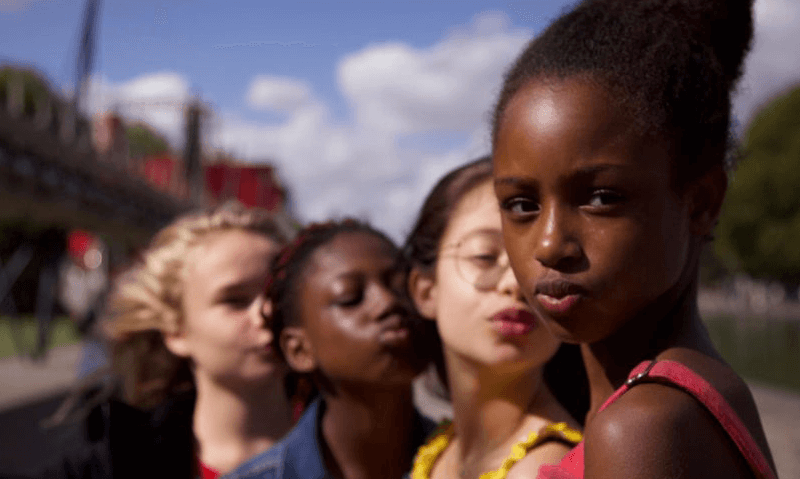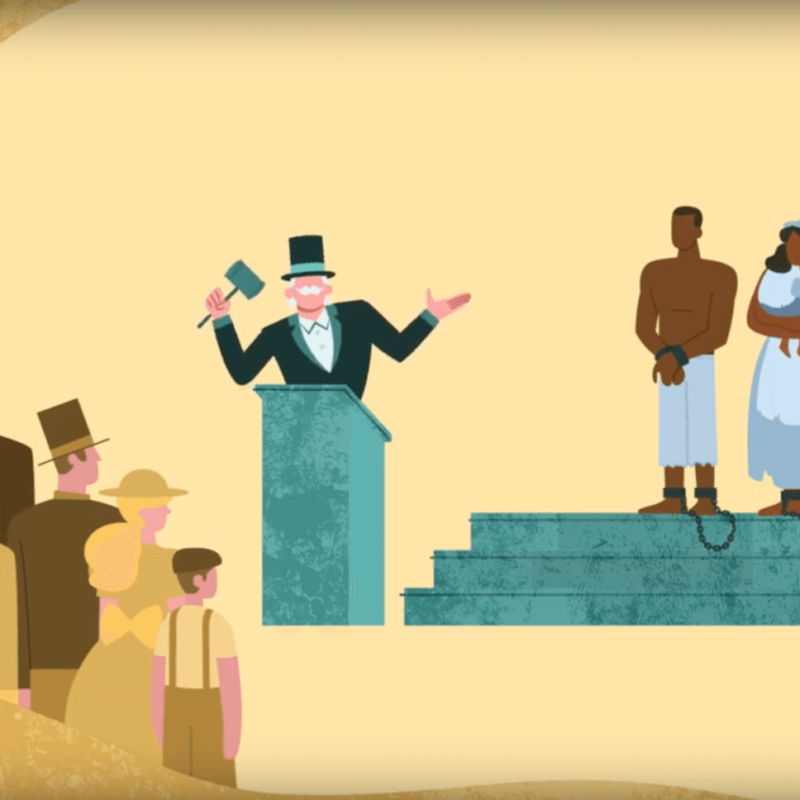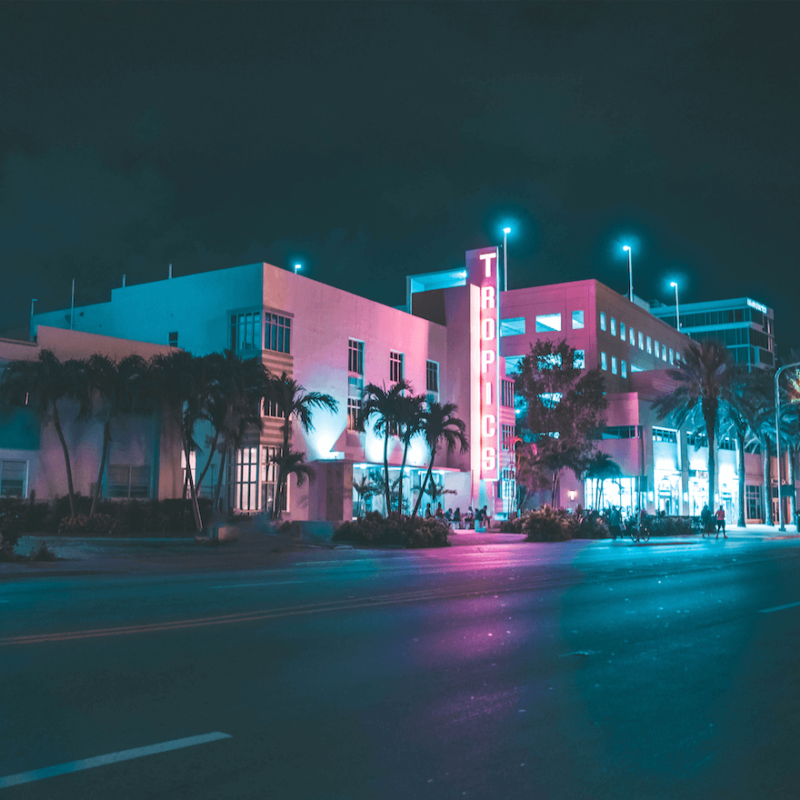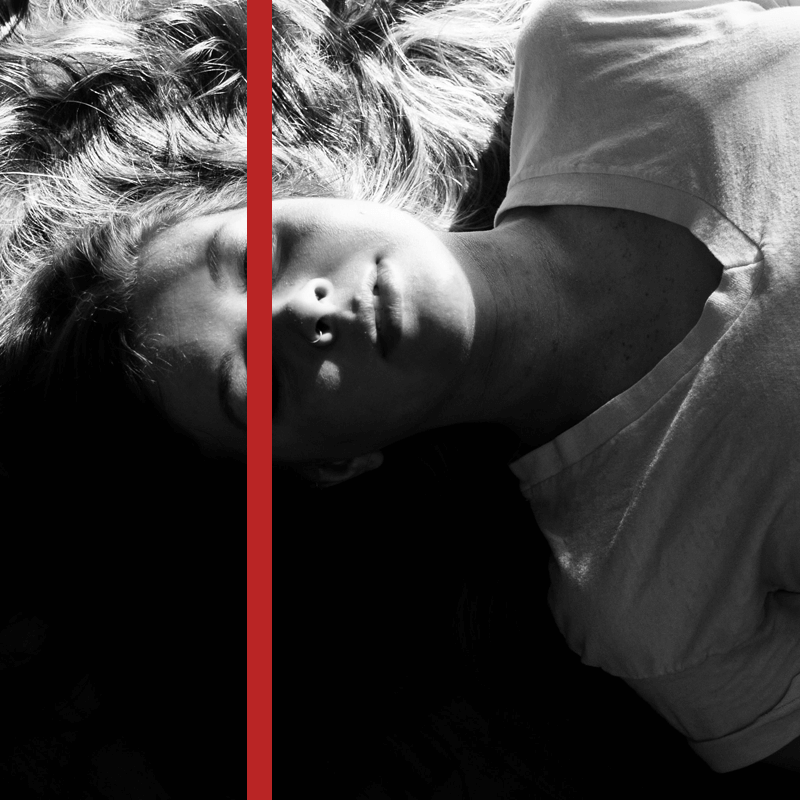I tried to kill myself when I was 17. I count that as my first real act of speaking. I screamed the excruciating pain of being sexually exploited in prostitution and porn, as I swallowed an entire bottle of pills. And then I collapsed back into silence.
I was able to speak the truth in that moment only because I thought I would never have to face the consequences. When I survived, terrified of the chain of events I had just set off I sank back into a hypervigilant silence. The social workers kept circling me in the hospital that month, but without success.
It is dangerous to speak when you are still in an unsafe place. Every abused, raped, trafficked, or sexually exploited person knows that. It is the reality that terrorizes us into years of silence.
In the era of #MeToo it is easy to assume all survivors have the ability to speak easily, boldly. In the outpouring of voices and stories, I am sure it has seemed that way from the outside. With a snippet of our story and a #MeToo, #ChurchToo, #TimesUp we became a part of this huge social movement. And it is a good step, but the powerful united momentum has obscured the cost of speaking for each individual.
The #MeToo movement breaking in was a beautiful moment for survivors. To feel the silence being shattered so profoundly by so many voices together was stunning. We finally had momentum behind us and not against us, which was very new and exciting.
That we would be seen as aggressors was something we never considered. Many men supported our voices and tweeted with us, but we were baffled at the “men’s rights movement” that opposed us. Their statements inserted doubt in the public mind and reeked of victim-blaming tactics. And yet they spoke as if we were oppressing them.
Examples of victim-blaming in rape cases include focusing on what she was wearing, how much she drank, her sexual history, and how long it took her to report the crime. Using these details as a defense of the perpetrator’s actions is called victim-blaming.
We had always been the ones abused, oppressed, and silenced. We had spent years celebrating every small breakthrough of one survivor’s story being heard. How could our biggest breakthrough now be seen as oppression?
Speaking my story at all has been one of the most intense fights of my life.
It can only be seen that way if you don’t understand all that came before that moment for each of us. That moment and each moment of speaking, for a survivor, is built on a thousand unseen gut-wrenching moments.
I am a survivor of abuse, rape, and commercial sexual exploitation. And speaking my story is never as easy as just opening my mouth. Speaking my story at all has been one of the most intense fights of my life.
Following my suicide attempt, I spent the first 6 months of my mandated follow-up counseling in 45 minutes of silence every session. I was afraid, but also I had been conditioned to believe that my voice did not matter because I didn’t matter. I was a piece of trash to be used and disposed of nightly, nothing more.
In my 18 months with that counselor, my biggest step forward was being able to express strong feelings. She taught me that it was ok for me to have feelings and to speak them, at least in that context. I never told her one word of my story.
At 19 I finally escaped to a mostly safe, far away place. There I finally began to speak my story in very small snippets.
I couldn’t speak about what I had just escaped. That would have shattered me then. So I began where my story started, with my father’s sexual abuse and the brokenness of my family. And since there was a lot to speak on that subject I stayed with speaking that piece of my story for many years.
RELATED: Incest Was My Boot Camp for Prostitution
Every time we speak any piece of our stories there is the possibility of fallout. All the feelings and lies believed connected to that piece of our story are released when we speak it.
My father’s sexual abuse and family’s dysfunction was the easier thing to speak then, but that doesn’t mean it was easy. Every time we speak any piece of our stories there is the possibility of fallout. All the feelings and lies believed connected to that piece of our story are released when we speak it. If you don’t have the tools to handle this release then the consequences can be extreme.
In my first 5 years of speaking my sexual abuse story, the fallout was especially dangerous. I existed then in an unstable emotional space navigating suicidal ideations, self-harming, severe PTSD, migraines, and nightmares.
This initial time frame when we are first physically safe is when the social pressure for us to prosecute our perpetrators is highest. I love to see justice come for perpetrators, but we need to see with empathetic eyes those who could testify. Testifying may not always be a humane, empathetic expectation for those trying to reassemble the pieces of a life.
If and when you, or a survivor you know, is ready to prosecute, you can check the statute of limitations, which defines the window of time that a perpetrator can be charged after a criminal act, for your state here.
I was in my 30s when I first shared my story more broadly, in a family violence class at a local college. What a breakthrough day that was! That was my first step into advocacy.
RELATED: What Goes on in a Trafficking Survivor’s Mind?
Still, it is only in the last few years, a decade later, that I have stepped more boldly into advocacy. Now I regularly share my story publicly, but even so, sharing some parts of my story is still hard.
Recently I tweeted a piece of my porn story that really got a lot of likes and shares. As it took off I distinctly felt the intense reality of that brutal time break into my present reality. I was able to process the intense shame and pain with the tools I have gained through the years. I am grateful to many strong people who have given me these tools, which many survivors do not have.
Porn, whatever it may be in the consumer’s eyes is violent, cruel, and shattering on set. My shoots were never done until I was destroyed, shaking in a heap of pain and self hate. Torture is prohibited by UN convention in times of war why not on a porn set? #pornsurvivor #PornIs
— Jewell Baraka (@Jewellmb) August 9, 2019
In a world that values the spotlight, we think that any survivor who is in the spotlight is winning. What is often not seen is the cost behind the visibility. In reality, we fight through violent fear to speak and then we fight through reliving the trauma when we do. And afterward, we navigate a minefield of angry responses from those who do not understand what it took to speak.
This year, I started writing a book about the most brutal part of my story: my exploitation in porn. It was a hard year. But I fought through feelings of crumbling and shadows of fear, to write my story powerfully. And that was just keeping my story between me and my Mac. This next year will require further strengthening as I finish my book and prepare to release it.
I speak my story for abolition, freedom from sexual violence, and equality—and I love that. But it doesn’t mean it is ever easy.
When you hear a survivor speak, see with empathetic eyes the cost of that moment both past and present for them. And extend a hand instead of a critique, because we are always stronger together. The #MeToo movement taught us that, but it also taught us that we, survivors, need more than just each other. We need you too.
Give Freedom to Sexually Exploited Women
Photo Credit: Melany Rochester





